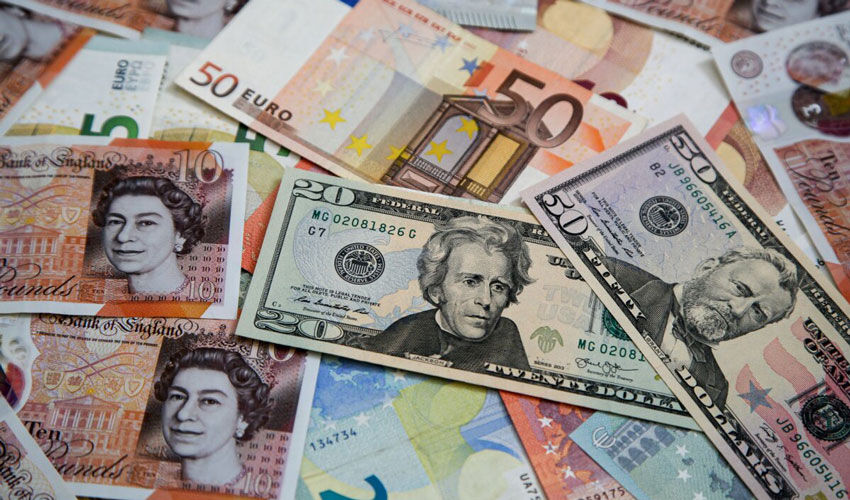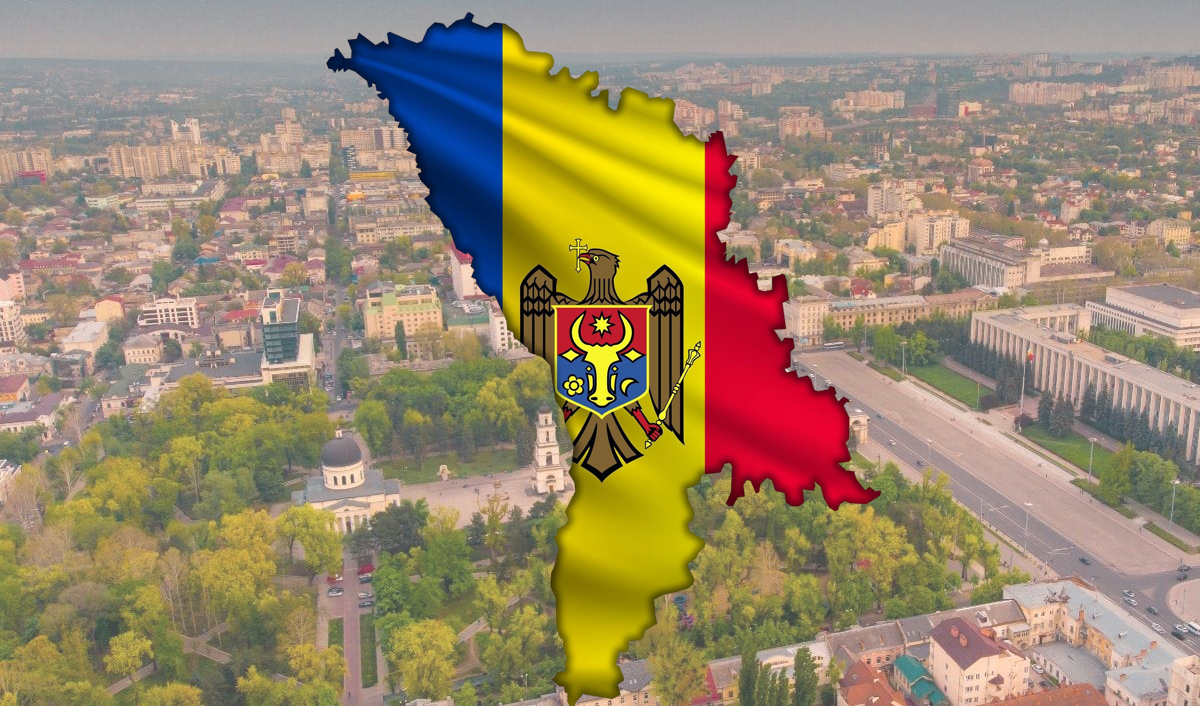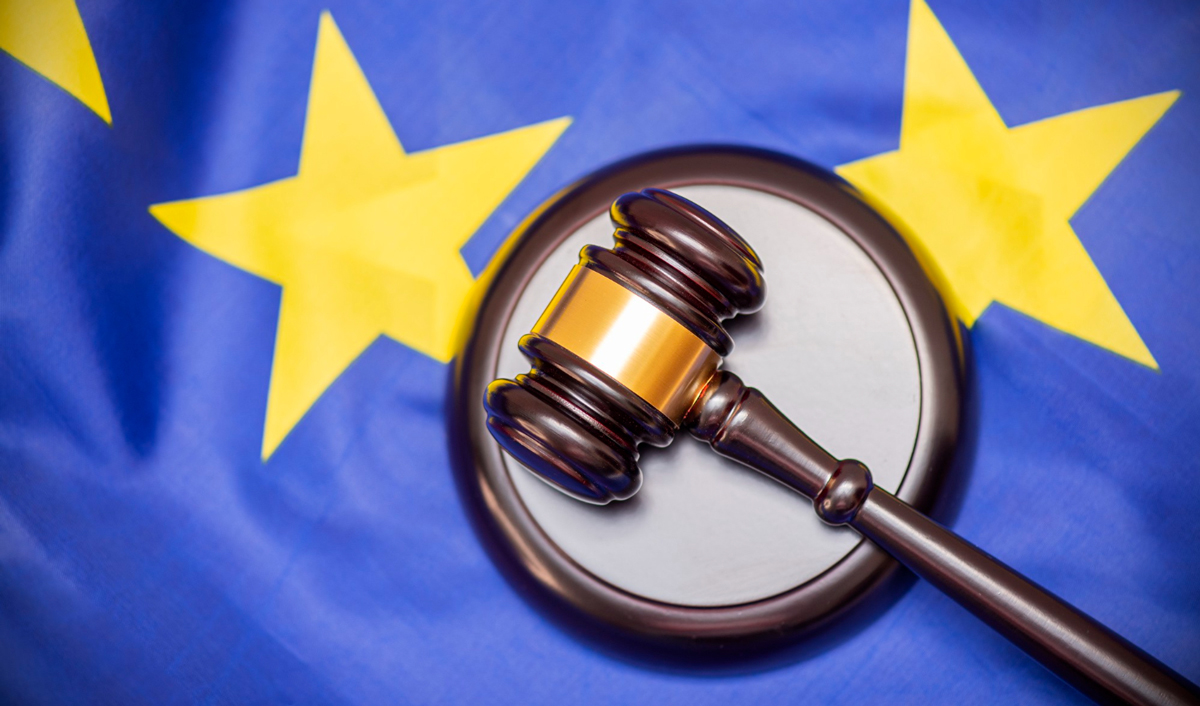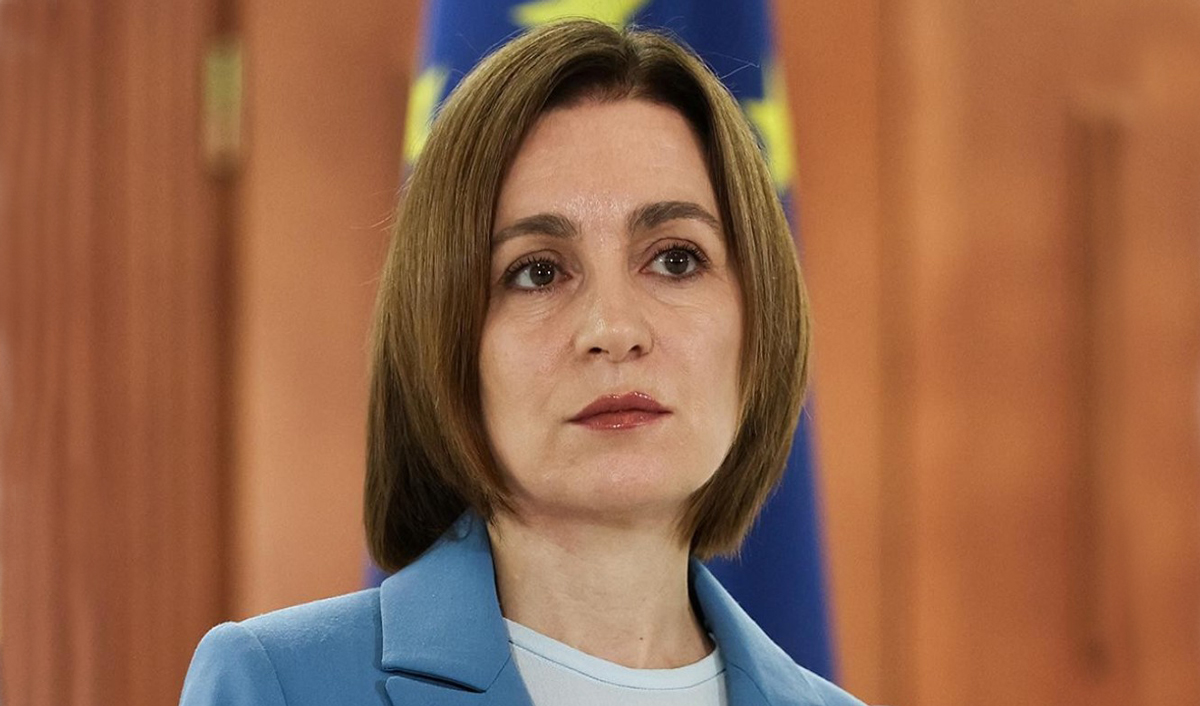
In an analytical article RBC notes that U.S. President Donald Trump’s aggressive foreign trade rhetoric and the customs duties he imposed have forced investors to reconsider their view of the dollar as a safe and stable currency. Many have turned to the euro in search of an alternative, although it is premature to talk about a full-fledged replacement due to economic and institutional problems in the European Union.
Nevertheless, in May this year the head of the European Central Bank Christine Lagarde as if “pushed” investors to choose the euro. She said that uncertainty about the dollar’s role creates an opportunity for a “global moment for the euro.”
At the same time, Lagarde believes that the global economic order that has been in place for the past 80 years with the US leading the world and the dollar as the world’s reserve currency has been beneficial to the EU all this time. But now this system is breaking down, creating risks for Europe, said the head of the ECB. And increasing the international role of the euro would bring positive aspects to the European economy – lower borrowing rates, increased domestic demand, protection from exchange rate fluctuations, etc.
But analysts are in no hurry to “bury” the dollar and advise to fully trust the euro. The main argument in favor of this conclusion is that the growth of the euro is not related to the successes of the eurozone economy, but to the problems of the American economy. Which may be temporary.
In particular, experts note that the main factor in the strengthening of the euro was the increase in the risks of dollar stability. This, in turn, was facilitated by Trump’s “trade wars” and his pressure on the US Federal Reserve System. The expectation of further growth of the U.S. government debt, which is already perceived by many as a rather strong factor of caution when choosing the dollar as a reserve currency, also adds to the negativity.
On the other hand, European manufacturers fear that a rise in the euro will cause problems and losses for exporters, which will further exacerbate the internal problems of the eurozone economy, especially in industry.
In addition, analysts call the weaknesses of the euro the political fragmentation of the EU countries, causing difficulties in making consolidated decisions, especially in the economy and in carrying out necessary reforms. In addition, despite the presence of a single central bank, the eurozone does not have a single budget and fiscal policy, which limits the ability to support and stabilize the single currency.













